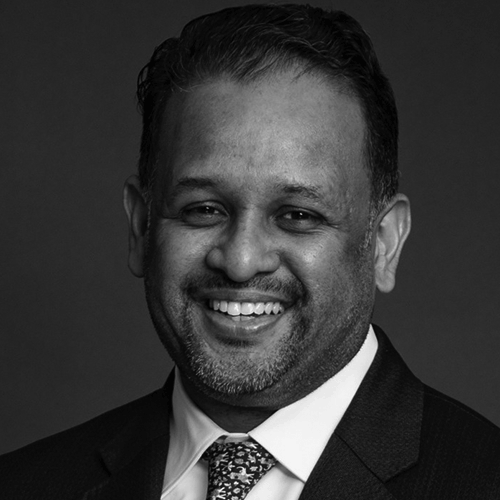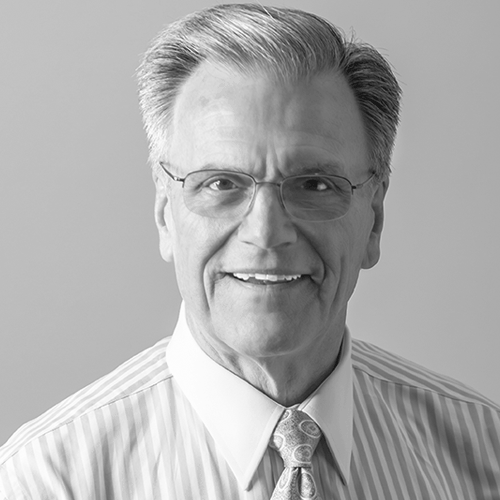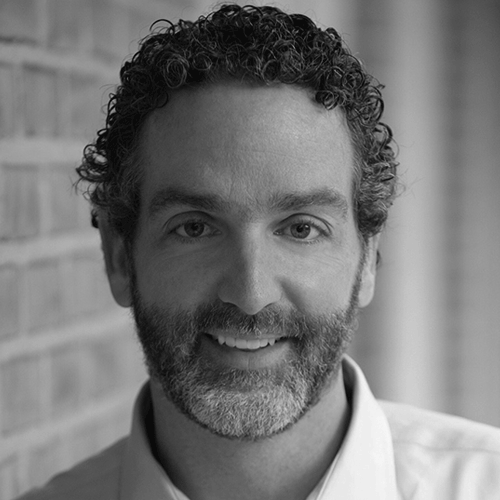This panel of experts talk about the advancements being made in the rare diseases community, as well as the biggest obstacles in the research process.

Niven R. Narain
Co-Founder and CEO, Berg
What has been the best advancement(s) in the rare diseases community over the last few years?
The community has coalesced in new ways to elevate the unique patient voice and experience. We’ve seen more new treatment options than ever before.
What are you most excited about for rare disease research and treatment options?
Biomarker-driven approaches are accelerating the discovery and development of potential treatments that address the underlying pathophysiology of a disease, rather than just its symptoms.
What do you see as the biggest obstacle in rare disease research?
The biggest obstacles are issues of patient identification and retention in clinical studies, which can often delay trial enrollment and completion.
What is the best piece of advice you can give someone living with a rare disease?
Don’t give up hope. Clinical research and artificial intelligence are enabling faster identification and assessment of the most promising disease targets and pathways to better treat, and ultimately cure, the diseases.

Peter L. Saltonstall
President and CEO, the National Organization for Rare Disorders
What has been the best advancement(s) in the rare diseases community over the last few years?
The increasing role of patients and caregivers in research and the concept of patient-focused drug development have allowed for greater input from those directly affected by rare diseases than ever before. This is important because it provides greater assurance that new diagnostics and treatments will address patient needs.
What are you most excited about for rare disease research and treatment options?
Major progress has been made in genetic testing in recent years, and I foresee continued advances in this area. With respect to treatment, gene therapy and gene editing appear very promising now, and the first gene therapies were approved in the United States last year.
What do you see as the biggest obstacle in rare disease research?
The lack of natural history data remains a hurdle in terms of research. Natural history studies and registries provide valuable information to promote better understanding of the nature of rare diseases. Many patient organizations now are becoming involved in developing these essential research tools.
What is the best piece of advice you can give someone living with a rare disease?
I would let them know they are not alone. On our rare disease website, we enable patients to reach out to disease-specific patient organizations, and our social media accounts provide a platform for sharing experiences and forging connections. I’d also recommend patients connect with medical professionals who are willing to take the time to listen, learn and partner with them on their care.

Rob Lutz
Chief Business Officer, Strongbridge Biopharma
What has been the best advancement(s) in the rare diseases community over the last few years?
One of the most significant advances in the rare disease space has been our understanding of the human genome. The sequencing of the human genome has furthered our knowledge of the underlying mechanisms of disease, and it has enabled the development of more targeted and efficient therapies. As a result, the future holds great promise for ongoing innovations.
What are you most excited about for rare disease research and treatment options?
Advances in rare disease treatment hold the promise to profoundly change lives for the better. The opportunity to develop curative or life-saving treatments for patients using new technology in areas where there is a significant, unmet need – that is exciting.
What do you see as the biggest obstacle in rare disease research?
One obstacle is ensuring that there is appropriate funding for rare disease research, especially for ultra-rare conditions when there is pressure on health care costs. It would be tragic for rare disease research and patients if regulatory incentive programs for rare disease drugs were weakened. Orphan drugs now represent a larger part of the world’s medicine chest because of such incentives.
What is the best piece of advice you can give someone living with a rare disease?
The most important thing to know is that you are not alone. There are 30 million Americans living with rare diseases and millions more around the world. Educate yourself as much as possible about your condition, as you will often be the expert in the room. Find a specialist with expertise in your particular condition. Also, seek out patient advocacy communities or support groups online or in your area.

